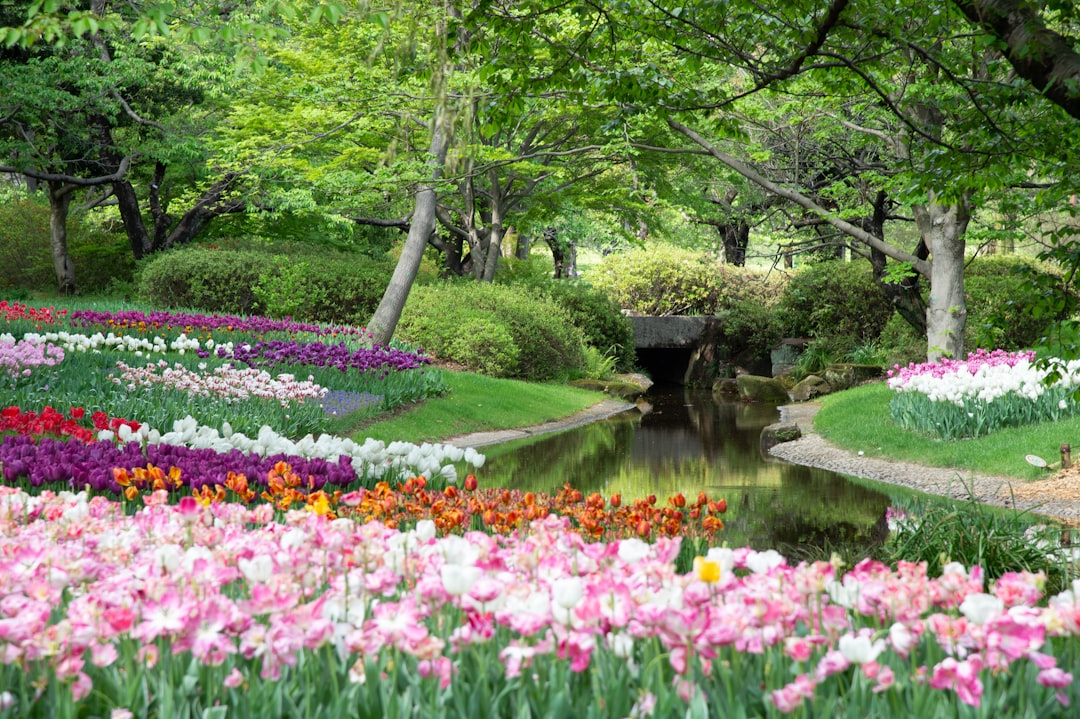With climate change causing more frequent droughts in many parts of the world, creating a drought-tolerant garden has become increasingly important. By choosing the right plants and implementing water-saving techniques, you can still have a beautiful garden while conserving water. In this blog post, we will discuss how to create a drought-tolerant garden that thrives even in the driest of conditions.
Choose the Right Plants
The key to creating a drought-tolerant garden is choosing plants that are adapted to dry conditions. Native plants are a great choice, as they are naturally suited to the climate of your region. Look for plants that have low water requirements and can thrive in hot, sunny conditions. Some popular drought-tolerant plants include lavender, yucca, succulents, and ornamental grasses.
When selecting plants for your garden, consider their water needs and choose a mix of drought-tolerant varieties. Group plants with similar water requirements together so that you can water them efficiently. You can also add mulch around your plants to help retain moisture in the soil and reduce evaporation.
Water Wisely
In a drought-tolerant garden, it’s important to water efficiently to avoid wasting water. One way to do this is to water your plants deeply and infrequently, rather than giving them frequent shallow waterings. This encourages plants to develop deep root systems, which makes them more resilient to drought conditions.
Consider using a drip irrigation system or soaker hoses to water your garden. These systems deliver water directly to the roots of the plants, reducing evaporation and waste. Watering early in the morning or late in the evening also helps to minimize water loss from evaporation.
Another water-saving technique is to collect rainwater in a barrel or cistern and use it to water your garden. This not only reduces your water consumption but also helps to prevent stormwater runoff, which can pollute waterways. You can also consider installing a greywater system to recycle water from your house for use in your garden.
Improve Soil Health
Healthy soil is essential for a drought-tolerant garden, as it helps to retain moisture and support plant growth. Add organic matter such as compost or aged manure to your soil to improve its structure and water-holding capacity. Mulching also helps to improve soil health by reducing erosion, suppressing weeds, and retaining moisture.
Avoid using synthetic fertilizers, as they can deplete soil nutrients and harm beneficial soil organisms. Instead, use organic fertilizers or opt for a slow-release fertilizer that feeds plants gradually over time. You can also consider planting cover crops such as legumes, which help to improve soil fertility and water retention.
Maintain Your Garden
Regular maintenance is key to keeping your drought-tolerant garden healthy and vibrant. Remove weeds regularly, as they compete with your plants for water and nutrients. Prune your plants as needed to promote air circulation and prevent overcrowding.
Monitor your garden for signs of stress, such as wilting or yellowing leaves, and water if necessary. Keep an eye out for pests and diseases, as stressed plants are more susceptible to attacks. Consider planting a diverse range of species to attract beneficial insects that help to control pests.
In conclusion, creating a drought-tolerant garden is an eco-friendly and sustainable way to enjoy a beautiful outdoor space while conserving water. By choosing the right plants, watering wisely, improving soil health, and maintaining your garden, you can create a drought-resistant oasis that thrives in even the driest conditions. So roll up your sleeves, grab your gardening tools, and get started on creating your own drought-tolerant garden today.


